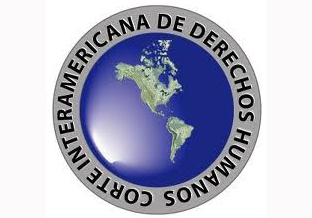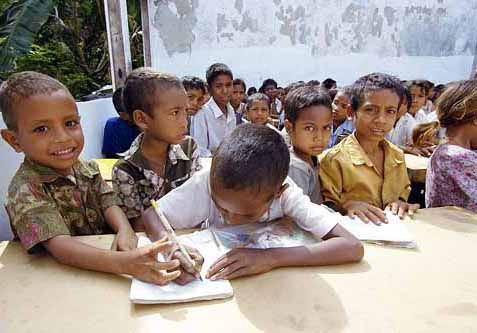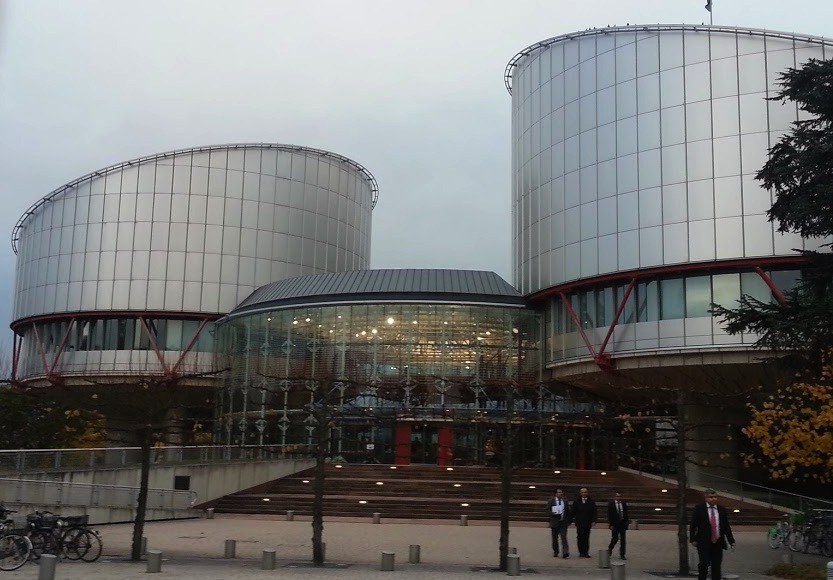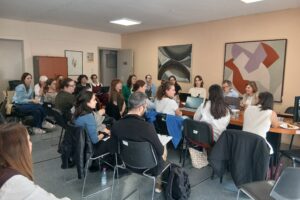
May 8, 2015
Today, the ICJ and the Center for Reproductive Rights made a submission to the UN Committee on Economic, Social and Cultural Rights in view of its examination of Ireland’s Third Periodic Report.
The submission highlights concerns regarding Ireland’s compliance with its obligations under the International Covenant on Economic, Social and Cultural Rights as a result of its highly restrictive legislative framework on abortion.
The Center and the ICJ consider that Ireland’s laws on abortion undermine women’s enjoyment of a number of rights under the ICESCR, and in particular the right to the highest attainable standard of health.
The submission briefly describes the current regulation of abortion in Ireland. It then summarizes the way in which previous treaty monitoring bodies’ conclusions and recommendations have addressed women’s access to safe and legal abortion, including specifically in Ireland.
The submission concludes with a number of number of recommendations.
Ireland-ICJ CESCR submission-Advocacy-non legal submission-2015-ENG (full text in PDF)

Apr 20, 2015
En febrero de 2014, el Representante para Suramérica de la CIJ rindió un dictamen pericial en audiencia pública ante la Corte Interamericana de Derechos Humanos, en el Caso Cruz Sánchez y otros Vs. Perú.
Este caso está referido a la ejecución extrajudicial de tres miembros del grupo armado “Movimiento Revolucionario Túpac Amaru – MRTA”, luego de ser puestos fuera de combate, por las fuerzas de seguridad peruanas en el marco de la llamada “Operación Chavín de Huántar”, de retoma de la Embajada del Japón en Lima (Diciembre 1996 –abril 1997).
El dictamen pericial rendido por la CIJ abordó cuestiones relativas a: i) la naturaleza jurídica de graves infracciones al derecho internacional humanitario; ii) la intervención de la justicia militar en la investigación y juzgamiento de delitos que no son de función y que pueden constituir violaciones a los derechos humanos; y iii) los estándares internacionales relativos a la debida diligencia en la investigación, juzgamiento y sanción de los responsables de violaciones de derechos humanos.
El pasado 17 de abril de 2015, la Corte Interamericana profirió Sentencia en el caso.
Peru-PeritajeFAGChavinHuantar-Advocacy-legal submission-2015-SPA (texto íntegro en PDF)

Apr 14, 2015
The ICJ has published its comments and recommendations regarding the Draft Federal Law № 314591-6.
This Draft Federal Law is “On introduction of amendments to the Law of the Russian Federation on the Status of Judges in the Russian Federation, the Federal Law on the bodies of judicial community in the Russian Federation and the Civil Procedure Code of the Russian Federation”.
It said that while the Draft Law provides an opportunity to address some of the shortcomings of the selection system, provided that it takes account of the systemic defects from which the judicial examination process suffers.
However, the Draft Law in its current form falls short of addressing the existing problems.
The ICJ made recommendations for additional measures to be included in the Draft Law.
More detailed recommendations on other aspects of judicial appointment are included in the 2014 ICJ report.
Russia-Comment on Draft Federal Law No 3145591-Advocacy-Legal submission-2015-ENG (full text in PDF, English version)
Russia-Comment on Draft Federal Law No 3145591-Advocacy-Legal submission-2015-RUS (full text in PDF, Russian version)

Apr 10, 2015
Today, the ICJ submitted a briefing to the Committee on the Rights of the Child in view of the Committee’s preparation of a List of Issues for the examination of Brunei Darussalam’s Second and Third Periodic Reports under the Convention on the Rights of the Child.
In its submission, the ICJ draws the attention of the Committee to concerns related to:
i.) the minimum age of criminal responsibility;
ii.) minimum age for marriage and/or forced marriage;
iii.) whipping as a judicially imposed punishment on children; and
iv.) undue limitations on the right to freedom of religion.
The ICJ’s submission concludes with a list of recommended questions for inclusion in the List of Issues for the examination of Brunei Darussalam.
Brunei-UNC right of the Child-Advocacy-legal submission-2015-ENG (full text in PDF)

Apr 8, 2015
The ICJ submitted today a third party intervention before the European Court of Human Rights in the case of Baka v. Hungary, regarding the dismissal of the former Supreme Court President of Hungary.
In these submissions, the ICJ addressed:
(1) the scope of application of article 6.1 ECHR in cases relating to judicial appointments, the judicial career, and security of tenure including removal from office, in light of the Convention jurisprudence and of principles of the rule of law and of the role and independence of the judiciary;
(2) international standards on security of judicial tenure, freedom of expression of judges, and the role of judges in contributing to debate on questions of judicial independence, which are relevant to protection of article 10 ECHR rights of judges.
The ICJ argued in its third party intervention that the special and fundamental role of the judiciary as an independent branch of State power, in accordance with principles of the separation of powers and the rule of law, is recognised within the ECHR, both explicitly and implicitly.
This special role must accordingly be given significant weight in assessing any restrictions imposed by the executive (and legislative) branches on Convention rights applicable to judges.
Therefore, in order to preserve the special role of the judiciary the ECHR should be interpreted in a manner that limits the scope for the executive- or legislative branch to justify the imposition of restrictions on article 6.1 ECHR rights of judges in employment disputes on grounds of legitimate interest.
Second, for the same reasons, the ECHR should be interpreted to preclude restrictions of freedom of expression applicable to judges and civil servants that would impair the right and the duty of the judiciary to speak out in protection of judicial independence.
ECtHR-AmicusBrief-Baka v Hungary-Advocacy-Legal Submission-2015-ENG (download the third party intervention)









